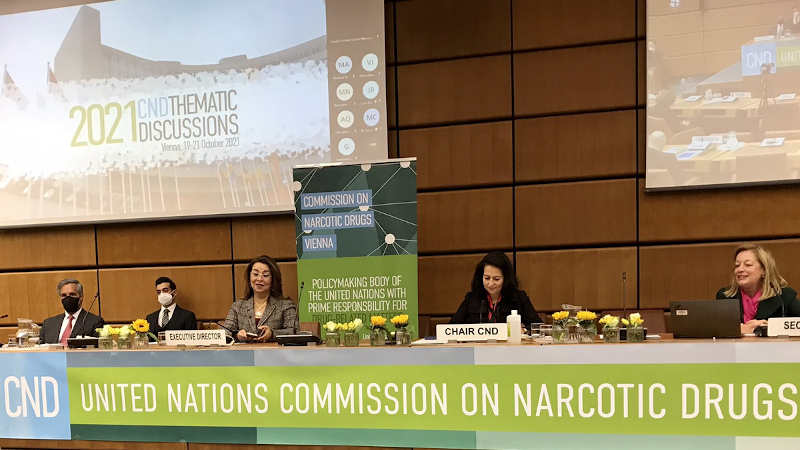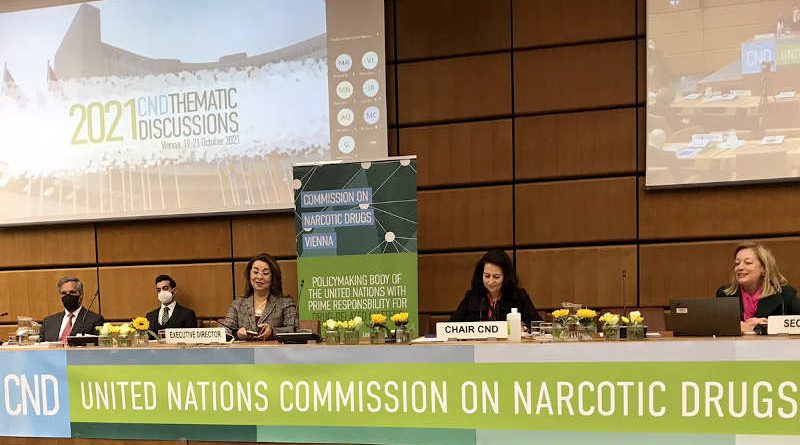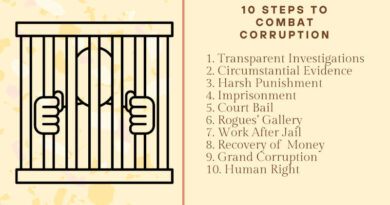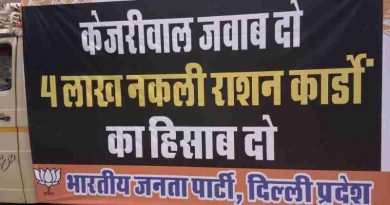Global Forum Finds Links Between Drug Trafficking and Corruption

The annual thematic discussions are a core part of the Commission-led follow-up to the implementation of international drug policy commitments made over the past decade.
The third round of the Thematic Discussions of the Commission on Narcotic Drugs (CND), held from 19 to 21 October 2021, fostered an interactive debate on the implementation of international drug policy commitments following the adoption of the 2019 Ministerial Declaration.
National practitioners and policymakers from over 100 UN Member States, as well as UN entities, other intergovernmental and international organizations and civil society experts exchanged good practices and lessons learned in addressing different challenges.
These include increasing links between drug trafficking, corruption and other forms of organized crime, low value of confiscated proceeds of crime related to money laundering arising from drug trafficking, and increasing level of the criminal misuse of information technologies for illicit drug-related activities.
“A sophisticated criminal infrastructure has developed around drug trafficking, creating pockets of mutual interest between traffickers, terrorists, and other criminals,” said UNODC Executive Director Ghada Waly in her welcoming remarks. She underscored that the CND Thematic Discussions provide an opportunity “to reflect on the big picture, on how this Commission can help target the criminal structures that sustain drug trafficking.”
The Chair of the Commission, Ambassador Dominika Krois, recalled that with the adoption of the 2019 Ministerial Declaration, “Member States committed to accelerating the practical implementation of the joint commitments” to address and counter the world drug problem as well as to “foster through the Commission a broad, transparent and inclusive discussion”.
Each day of the Thematic Discussions consisted of an introductory presentation and a panel discussion, followed by interventions by international organizations and UN entities and an interactive debate. The panels included representatives from Member States nominated by the regional groups, as well as civil society.
In the 2019 Ministerial Declaration, Member States committed to accelerating, based on the principle of common and shared responsibility, the full implementation of the joint drug policy commitments contained in the 2009 Political Declaration and Plan of Action, the 2014 Joint Ministerial Statement, and the 2016 UNGASS outcome document.
They also committed to continuing transparent and inclusive discussions involving all relevant stakeholders on effective strategies to address and counter the world drug problem, including through the sharing of information, best practices and lessons learned.
The annual thematic discussions are a core part of the Commission-led follow-up to the implementation of international drug policy commitments made over the past decade.




